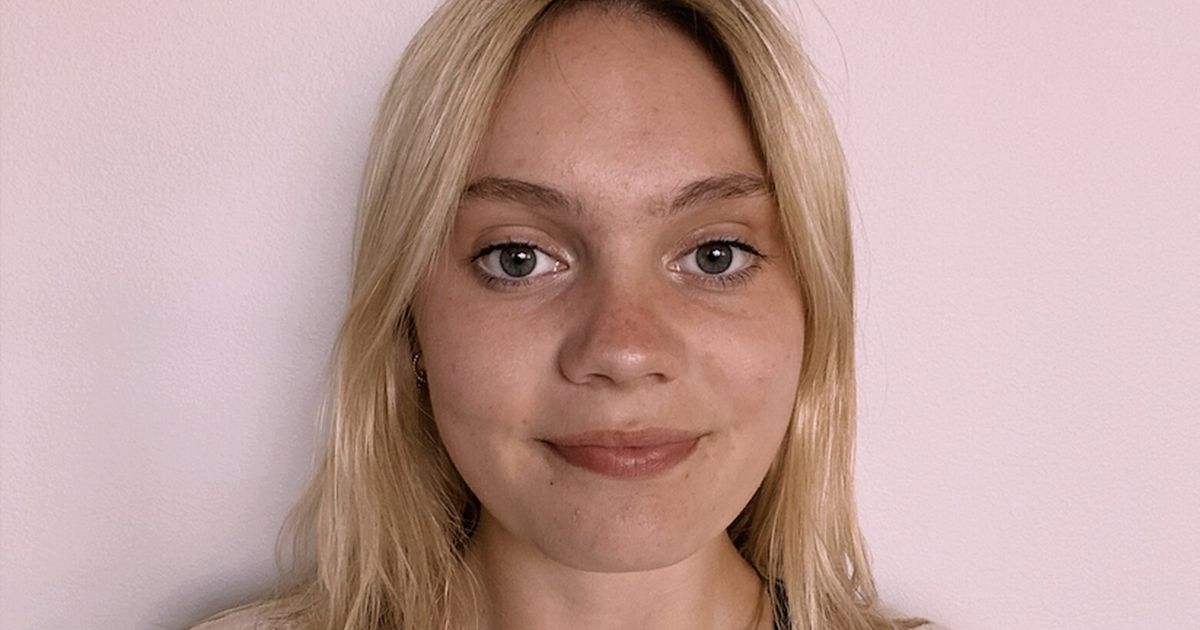Anxiety was my biggest enemy and best friend all through grade school. I carried it with me every day, like I carried my pink, sparkly ladybug lunchbox.
I remember crying almost every morning on the drive to school in Kirkland. I clung to the door handle of my mom’s car for dear life at drop-off. I sometimes vomited in the parking lot as anxiety built and finally overcame me.
This level of anxiety kept me quiet throughout preschool and kindergarten. I was diagnosed with severe anxiety and selective mutism at the age of 5.
I went to my pediatrician regularly, and we tried everything: therapy, medication and more doctors. With time and tools, I learned to mask my discomfort in public and cope — sort of.
It was a lonely experience. I had no idea other people were also dealing with similar issues.
Over the years, I’ve learned that talking with other people my age about my anxiety and mental struggles not only helps me feel less alone and more connected, but also allows me to reach others in need and share resources. It wasn’t until I stumbled upon a resource in eighth grade called Teen Link that my entire trajectory of mental health changed.
Teen Link is a mental health crisis line for teenagers in Washington state. It is run solely by teens who answer incoming calls and messages from other youth anonymously seeking help.
Immediately, I was in awe of the work these courageous volunteers were doing. Over 10 weeks I learned skills through intense training to become a phone worker myself and was equipped to help any teen on an array of mental health issues.
Answering the phone for Teen Link opened my eyes to the broad impacts of mental health on my peers. I spoke with teens about issues including suicide, eating disorders, and drug and substance abuse.
Teen Link offered me insight into the lives of teens in Washington state and helped me better understand my own mental health. Not only that, but I recognized a gap in aiding youth with mental health resources. Through my volunteer work, I found that teens want to confide in peers who understand and don’t rush to judge.
But during the pandemic, Teen Link temporarily paused its peer-to-peer service. It was the only support system of its kind that I was aware of, so I decided to start an information resource to help young people like me.
I had no idea how to code or design websites, but I started writing blog posts. I interviewed mental health professionals, posted resources, and started running online surveys. I slowly built my website, TeenSelfHealth, into a portal of mental health support and shared it with friends in school and peers online. The website also became a jumping-off point to start a self-care club at my school, Careessentials, which works to spread the message that self care is not selfish. With the help of some friends, I’ve expanded peer support clubs to over 10 other high schools in Washington.
Peer-to-peer support not only offers deeply needed resources but also encourages teens to open up about their emotions with similar people their age. I know firsthand that if we support community-led resources, we will reach communities that may not otherwise ask for help. And at a time when young people, like me, are speaking out, it’s urgent we support these efforts.
My anxiety still rides with me every day. I have learned to recognize it, the triggers and how to use it sometimes to my advantage. I probably always will be a work in progress. But I have learned and know others will too, that caring for ourselves is not selfish, but a necessity.
Laney Bracket is an 18-year-old freshman from Finn Hill in Kirkland, pursuing a business economics degree at UCLA. She’s also a mental health advocate, entrepreneur and mom of two cats.





































